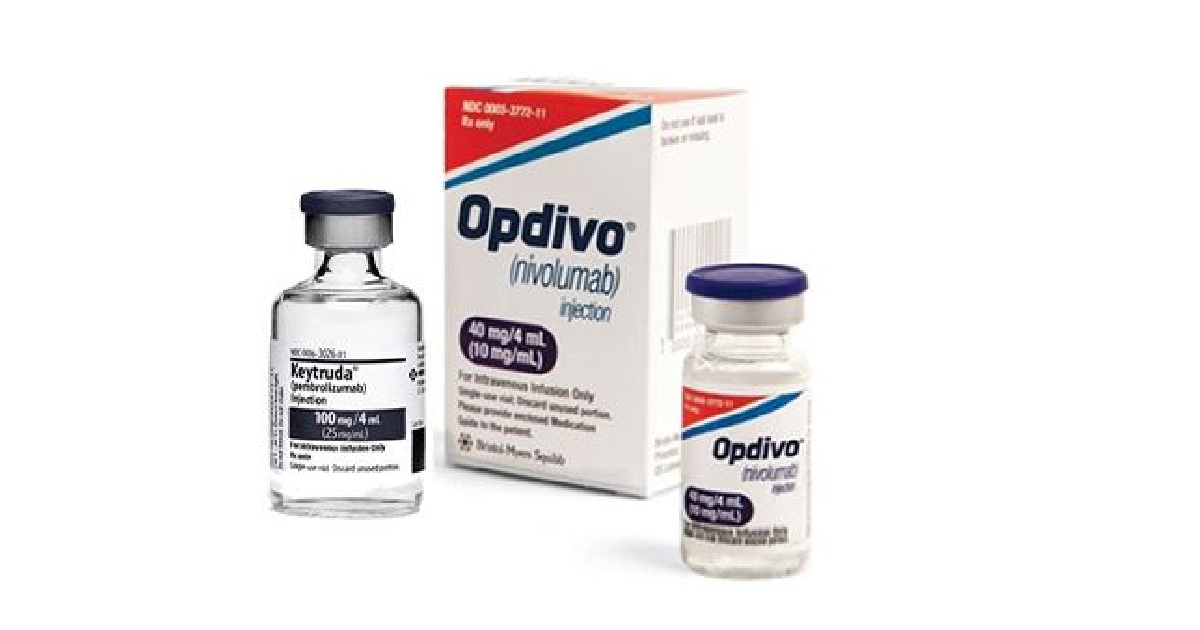Keytruda gets okay from FDA for adjuvant melanoma
Pharmaphorum Media Limited | February 20, 2019

The US FDA has approved Merck & Co’s Keytruda as an adjuvant treatment for patients with melanoma who have had surgery but still show some evidence of cancer in their lymph nodes. It’s the first time that PD-1 inhibitor Keytruda (pembrolizumab) has been approved in the US for adjuvant use in any cancer, although Merck picked up European approval for this indication in December. Keytruda’s approval in this indication comes on the back of phase III KEYNOTE-054 trial, which showed that giving the drug after surgery for high-risk, stage III melanoma significantly prolonged recurrence-free survival (RFS), cutting the risk of disease recurrence or death by 43% compared to placebo.
After 15 months of follow-up, 12-month rates of RFS were 75% for pembrolizumab and 61% for placebo, widening to 71% versus 53% at the 19-month timepoint. The green light is yet another example of Merck muscling into territory already claimed by its arch-rival Bristol-Myers Squibb as the two fight for dominance in the rapidly expanding checkpoint inhibitor market. BMS’ PD-1 inhibitor Opdivo (nivolumab) was approved for adjuvant melanoma therapy in the US at the end of 2017 and in Europe last year, giving it a short lead over Keytruda in this clinical setting. Now, Merck can try to encroach on that territory on both sides of the Atlantic as it consolidates an already-dominant position for Keytruda in the big lung cancer market.